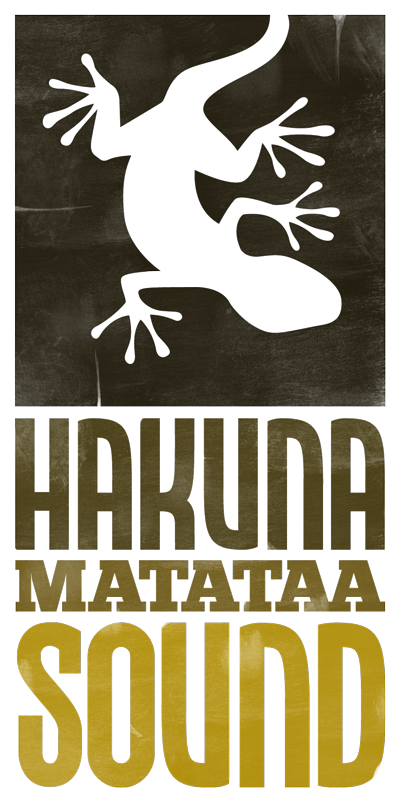
20 Mai Erotic Literature: A Legitimate Form of Art and Expression
Erotic literature, also known as erotica, has long been a subject of fascination and controversy. This form of writing, which explores human sexuality and desire in a creative and top filme adulte explicit way, has been both celebrated and condemned throughout history. But what is erotic literature, and why does it elicit such strong reactions from people?
At its core, erotic literature is a genre of writing that uses explicit sexual descriptions and fantasies to explore human emotions, relationships, and experiences. It is a form of storytelling that is both sensual and intellectual, and that can be both arousing and thought-provoking. Erotic literature can take many forms, from short stories and novels to poetry and memoirs, and it can cover a wide range of themes and topics, from romantic encounters and sexual exploration to power dynamics and taboo desires.
Despite its long and rich history, erotic literature is often stigmatized and marginalized in contemporary society. This is due in part to the misconception that erotica is synonymous with pornography, which is a form of media that is primarily intended to arouse sexual pleasure. While both erotica and pornography can contain explicit sexual content, they are fundamentally different in their purpose and intent. Pornography is designed to elicit a physical response, while erotica aims to engage the reader’s mind and emotions.
Another reason why erotic literature is often viewed with suspicion is because it deals with topics that are considered taboo or controversial in many cultures. Sexuality and desire are still subjects that are often shrouded in shame and secrecy, and exploring them in a public and explicit way can be seen as transgressive or even subversive. However, this is also what makes erotica such a powerful and important form of expression. By giving voice to our deepest desires and fantasies, erotica can help us understand ourselves and our relationships better, and can challenge us to question our assumptions and prejudices.
Erotic literature can also be a source of inspiration and creativity. Many famous writers and artists have drawn inspiration from erotica, and have used it as a way to explore human emotions and experiences in a unique and powerful way. Anais Nin, for example, was a pioneering erotic writer who used her writing as a way to explore her own sexuality and identity. Her work, which includes the classic erotic novel „Delta of Venus,“ is still celebrated today for its beauty, honesty, and emotional depth.
In conclusion, erotic literature is a legitimate form of art and expression that deserves to be taken seriously. By exploring human sexuality and desire in a creative and explicit way, erotica can help us understand ourselves and our relationships better, and can challenge us to question our assumptions and prejudices. Whether you are a seasoned reader of erotica or a curious newcomer, there is something out there for everyone. So why not give it a try, and discover the power and beauty of erotic literature for yourself?





Sorry, the comment form is closed at this time.